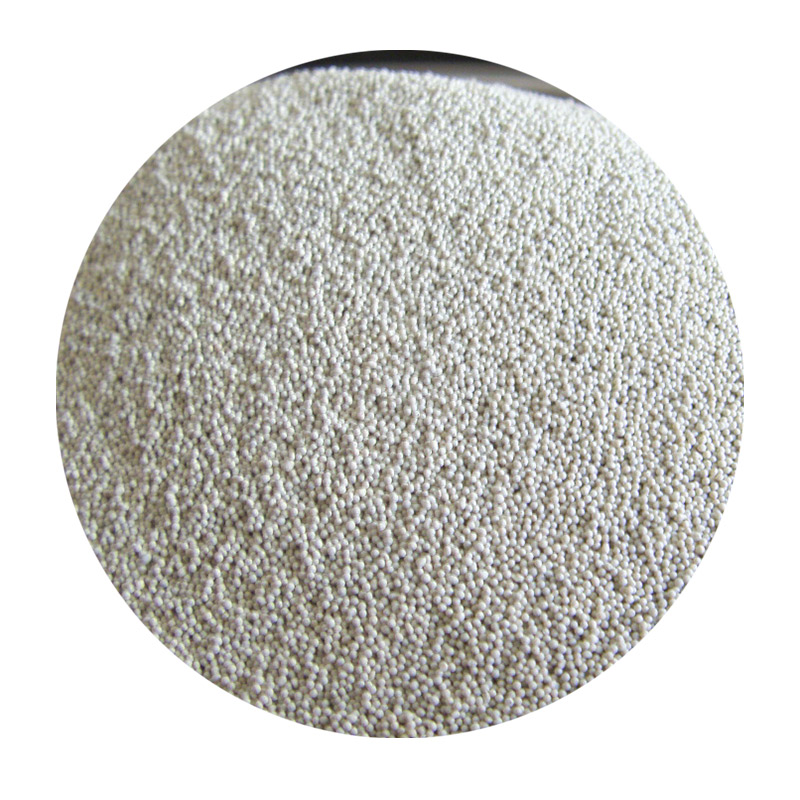

1. Initial Sanding - Use a coarse grit (around 120-220) to address major surface irregularities. Applying water while sanding minimizes dust and helps achieve smoother results. 2. progressive Smoothing - Move to a medium grit (320-400) to further smooth the surface. Continue to use water, and ensure the sandpaper remains clean and free from debris. 3. Finishing Touches - The final stage involves fine grit sandpaper (600-1500 or higher). This step transitions the resin from smooth to polished, revealing its clarity and depth. 4. Polishing - Post-sanding, the resin surface can appear matt. To restore gloss, apply a polishing compound using a soft cloth or buffing pad. This enhances the resin's shine and prevents scratches. Safety and Best Practices While sanding resin, safety cannot be overstressed. The process generates fine dust, which necessitates wearing proper protective gear such as masks and goggles. Adequate ventilation is critical to preventing inhalation of dust particles. Moreover, if any part of the resin becomes tacky during sanding, halt the process. Tacky spots indicate incomplete curing, and continuing can damage the resin. Allow additional curing time and resume sanding when the resin is fully set. Conclusion Sanding resin, with its blend of artistic and technical aspects, can significantly enhance your project outcomes. By understanding the material’s nuances and adhering to proven techniques, you can minimize issues and improve the aesthetic appeal of your creations. Whether crafting jewelry or manufacturing resin products, mastery of these skills validates your expertise and builds trust with clients, offering them quality and professional-grade results. As you continue to explore and innovate, consistent practice and adherence to safe practices remain the cornerstone of excellence in resin work. Post time:Şub . 18, 2025 09:29
Next:adding sand to resin
